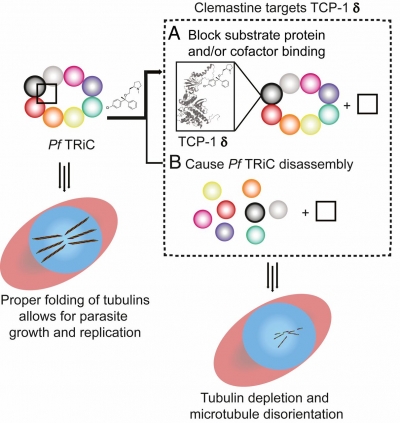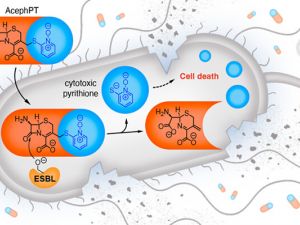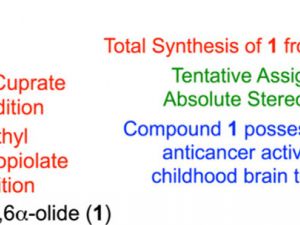A Parallel Chemoproteomic Strategy Identifies Plasmodium Chaperonin TRiC/CCT as a Target of a Dual-stage Antimalarial Agent Clemastine

A research team led by Professors Emily Derbyshire and Michael Fitzgerald has reported the mechanism of action of a dual-stage antimalarial drug clemastine using chemoproteomic methods. They have uncovered that clemastine selectively modulates the chaperonin TRiC in Plasmodium malaria parasites but not in humans. Their findings encourage future efforts to target parasite protein folding as a novel route to malarial control. Their successful implementation of an unbiased integrated chemoproteomic strategy will facilitate future drug target identification in these intracellular parasites. Read more about their discovery in Proceedings of the National Academy Science, available here.




